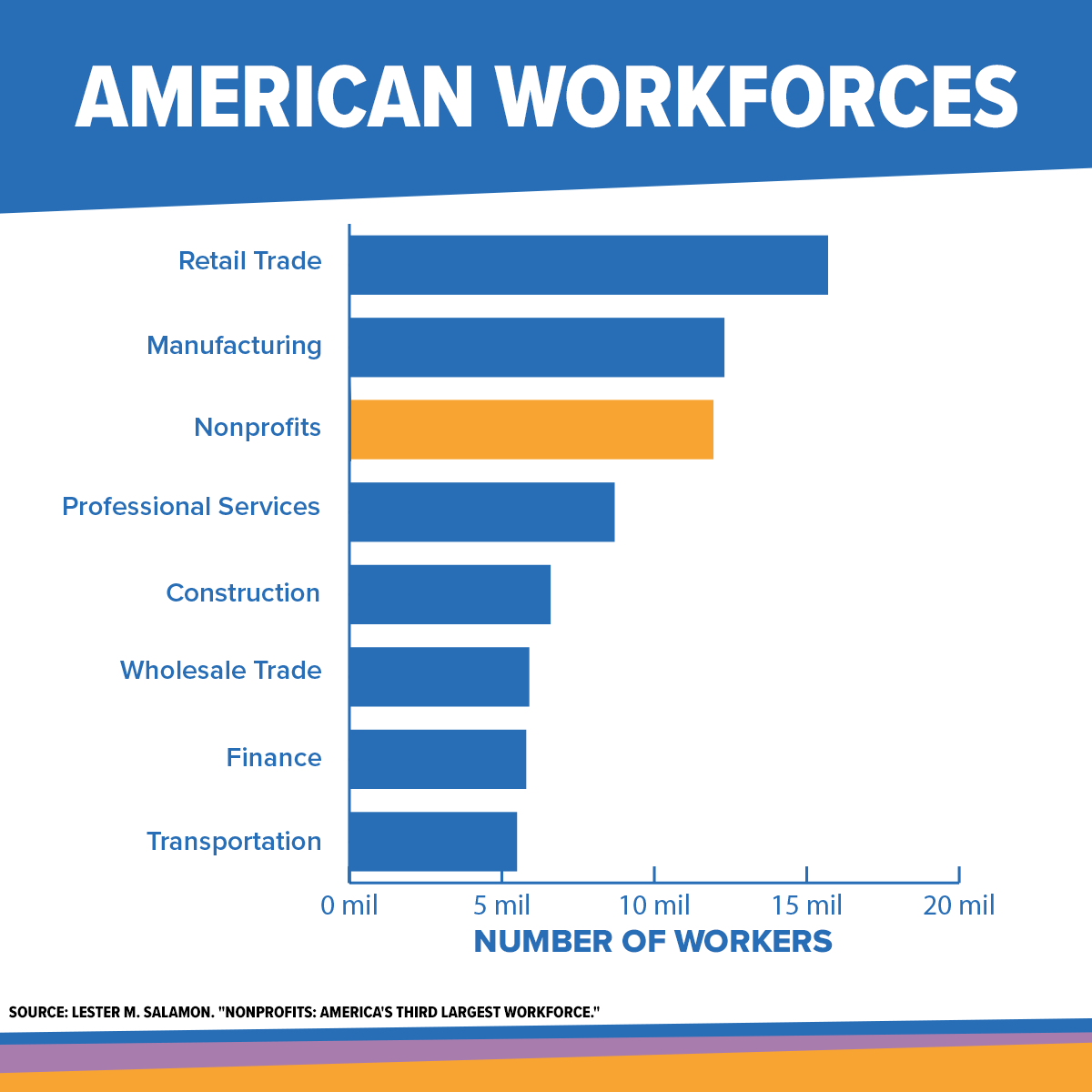#GivingTuesdayNow is here and The Cure Starts Now, one of the leading funders of pediatric brain cancer research, is asking for your help. #GivingTuesdayNow, is a global day of generosity and unity that is taking place today, May 5, 2020, as an emergency response to the unparalleled effects COVID-19 has caused (the original #GivingTuesday, will still take place as scheduled on December 1, 2020). This day is designed to unite the world with one purpose, GIVE. We are all in this together and need to do what we can to support worthy causes.
The impact the COVID-19 pandemic is having on nonprofits is unprecedented. According to John MacIntosh and SeaChange Capital Partners analysis of nonprofit health, less than half of nonprofits have one month of operating reserves and less than six months of cash to keep them running. Most have had to furlough or lay off staff, curtail programs, and cancel or postpone crucial spring fundraising events that often bring in enough donations to sustain them for the rest of the year. Without help, it could get far worse and mean the end for many nonprofits. This would cause an immense increase in unemployment and also be a tough hit to the already crumbling economy since nonprofits are the third largest workforce (employing 11.9 million people) behind retail trade and manufacturing.1
The Cure Starts Now has not been immune to the devastating effects of this outbreak. Currently, we are down over 25% from last year, which is the equivalent of about 54 children suffering from brain cancer who won’t be able to participate in research trials that could not only improve their quality of life, but also, extend their lives.
“With the [COVID-19] pandemic, it’s been a tough year. We are going to be down about two trials [due to lack of funding].” said Keith Desserich, co-founder of The Cure Starts Now. “And I know that doesn’t seem like much, but if you realize that one of the trials that we almost didn’t fund in previous years has proved to be groundbreaking and has really changed the entire playing field of brain cancer, DIPG and, frankly, a lot of other cancers. Just funding one of those trials is really critical to this [fight].”
In order for The Cure Starts Now to fund all the necessary trials, it is imperative that you donate, every little bit helps. And with the timing of #GivingTuesdayNow, you can get even more bang for your buck. The Coronavirus Aid, Relief and Economic Security (CARES) Act will let most U.S. taxpayers deduct up to $300 ($600 for a married couple) in charitable donations from their 2020 taxable income. The act temporarily creates an “above-the-line” deduction for donations, allowing taxpayers to easily claim the deduction on their tax forms without having to go through the extra step of itemizing it. For additional information, make sure to consult your tax professional.
In the wake of COVID-19, the full impact of this pandemic on nonprofits is still not yet known, but many experts believe it will be far worse than that of The Great Recession of 2008 when the floundering economy caused one of the largest declines in charitable giving. According to the 2018 Giving USA Report, in terms of inflation adjusted dollars, total giving dropped from $326.6 billion in 2007 to $303.8 billion in 2008, and continued falling in 2009 to $284.9 billion.2
That is a staggering 13.2% decrease and is likely the reason several nonprofits went under during the Great Recession.
In 2010 and 2011, there were modest increases with $290.9 billion and $298.4 billion, respectively. Since then end of the recession, charitable giving has risen to $427.7 billion in 20183. According to The Philanthropy Outlook 2020 & 2021, charitable giving in the U.S. was expected to increase 4.8% in 2020, but due to COVID-19, it is now expected to decrease by 10.6%, which is a greater single year drop than in the recession.4 The Cure Starts Now has already surpassed the predicted decrease by about 15%. We need your help now more than ever to ensure we are able to continue funding innovative grants that make a huge impact in the lives of those affect by brain cancer and DIPG.
Nonprofits are starting to get creative this time around in hopes that charitable giving won’t continue plummeting the way it did during the Great Recession. The Cure Starts Now has found some fun ways to continue fundraising amid the current “new normal.” Instead of canceling all of our upcoming events, we have chosen to virtualize certain events, and postpone large events because they tend to bring in a good amount of donations. Check out our website for details about our events and how you can get involved.
Another way The Cure Starts Now is adapting to the COVID-19 outbreak is by launching new online fundraising campaigns and scaling up our social media presence. Please follow us on Facebook and Instagram for the most up-to-date news and to participate in our fundraising campaigns.
Without your help, a research trial that may be the key to curing cancer might not get funded. That, in and of itself, would be tragedy we can’t afford with the number of new cancer cases rising every year. So, on this critical day of global giving, please, share The Cure Starts Now’s story and donate what you can. You just might help cure cancer or improve the life of a child suffering from DIPG.
Be a hero and make your donation today at donate2csn.org!
[1] Lester M. Salamon. "Nonprofits: America's Third Largest Workforce." Johns Hopkins Center for Civil Society Studies 05/02/2018.
[2] Reich, Rob & Wimer, Christopher. 2012. Charitable Giving and the Great Recession. Stanford, CA: Stanford Center on Poverty and Inequality
[3] Giving USA: The Annual Report on Philanthropy for the year 2018 (2019). Chicago: Giving USA Foundation
[4] "The Philanthropy Outlook 2020 & 2021." Indiana University Lilly Family School of Philanthropy and Marts & Lundy Report 02/25/2020.


